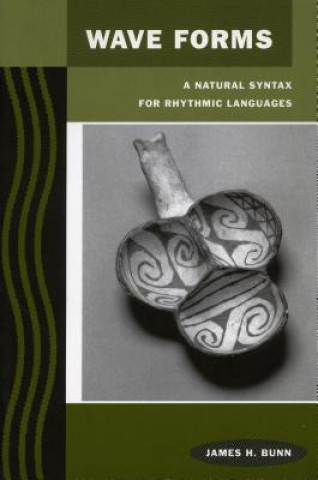
Kod: 04717489
Wave Forms
Autor James H. Bunn
In this daring book, the author proposes that artistic and literary forms can be understood as modulations of wave forms in the physical world. By the phrase "natural syntax," he means that physical nature enters human communicati ... więcej
- Język:
 Angielski
Angielski - Oprawa: Miękka
- Liczba stron: 368
Wydawca: Stanford University Press, 2002
- Więcej informacji o książce

38.24 €
Zwykle: 41.15 €
Oszczędzasz 2.90 €

Dostępna u dostawcy
Wysyłamy za 15 - 20 dni
Zobacz książki o podobnej tematyce
-

Indian Economy and Society in the Era of Globalisation and Liberalisation
57.06 € -
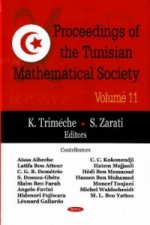
Proceedings of the Tunisian Mathematical Society
304.39 € -17 % -

BRACKEEN PREPARING YOUR CONCERT DVD
23.11 € -4 % -
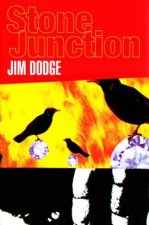
Stone Junction
15.64 € -19 % -

Origins of the Twenty First Century
102.48 € -

Santa Monica Canyon
13.18 € -19 % -

Craig Kennedy-Scientific Detective
39.37 €
Podaruj tę książkę jeszcze dziś
- Zamów książkę i wybierz "Wyślij jako prezent".
- Natychmiast wyślemy Ci bon podarunkowy, który możesz przekazać adresatowi prezentu.
- Książka zostanie wysłana do adresata, a Ty o nic nie musisz się martwić.
Więcej informacji o Wave Forms
Za ten zakup dostaniesz 95 punkty
 Opis
Opis
In this daring book, the author proposes that artistic and literary forms can be understood as modulations of wave forms in the physical world. By the phrase "natural syntax," he means that physical nature enters human communication literally by way of a transmitting wave frequency. This premise addresses a central question about symbolism in this century: How are our ideas symbolically related to physical reality? The author outlines a theory of communication in which nature is not reached by reference to an object; rather, nature is part of the message known only tacitly as the wavy carrier of a sign or signal. One doesn't refer to nature, even though one might be aiming to; one refers with nature as carrier vehicle. The author demonstrates that a natural language of transmission has an inherent physical syntax of patterned wave forms, which can also be described as certain "laws of form" - a phrase used by D'Arcy Thompson, L. L. Whyte, Noam Chomsky, and Stephen Jay Gould. He describes a syntax inherent in natural languages that derives from the rhythmic form of a propelling wave. Instead of the "laws" of a wave's form, however, the author speaks of its elements of rhythmic composition, because "rythmos" means "wave" in Greek and because "composition" describes the creative process across the arts. In pursuing a philosophy of rhythmic composition, the author draws on cognitive science and semiotics. But he chiefly employs symmetry theory to describe the forms of art, and especially the patterns of poetry, as structures built upon the natural syntax of wave forms. Natural syntax, it turns out, follows a fascinating group of symmetry transformations that derive from wave forms.
 Szczegóły książki
Szczegóły książki
Kategoria Książki po angielsku Language linguistics Semantics, discourse analysis, etc
38.24 €
- Pełny tytuł: Wave Forms
- Podtytuł: A Natural Syntax for Rhythmic Languages
- Autor: James H. Bunn
- Język:
 Angielski
Angielski - Oprawa: Miękka
- Liczba stron: 368
- EAN: 9780804745079
- ISBN: 0804745072
- ID: 04717489
- Wydawca: Stanford University Press
- Waga: 560 g
- Wymiary: 155 × 230 × 23 mm
- Data wydania: 05. February 2002
Ulubione w innej kategorii
-

Comic Toolbox
13.59 € -16 % -

How to Read a Poem
16.25 € -19 % -

Selections from Science and Sanity
14.31 € -17 % -
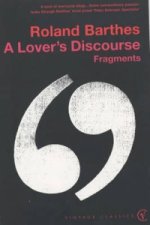
Lover's Discourse
10.42 € -28 % -
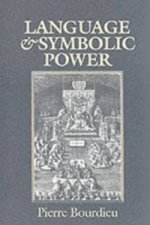
Language and Symbolic Power
26.69 € -4 % -

Winning Arguments
13.80 € -21 % -

Language
12.88 € -

Winning Arguments
16.97 € -20 % -
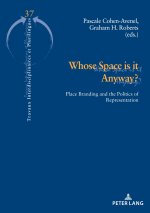
Whose Space is it Anyway?
61.56 € -
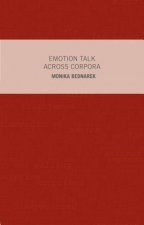
Emotion Talk Across Corpora
122.83 € -

Mythologies
10.42 € -28 % -

Introducing Semiotics
9.40 € -28 % -

Discourse Theory and Political Analysis
25.77 € -9 % -

After Babel
26.28 € -
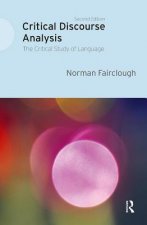
Critical Discourse Analysis
50.82 € -2 % -
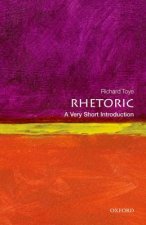
Rhetoric: A Very Short Introduction
9.40 € -28 % -
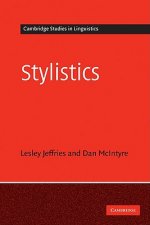
Stylistics
47.65 € -
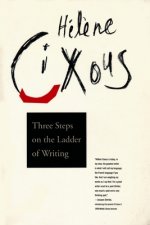
Three Steps on the Ladder of Writing
26.07 € -17 % -
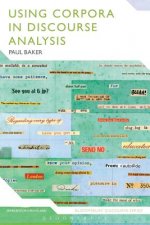
Using Corpora in Discourse Analysis
70.67 € -
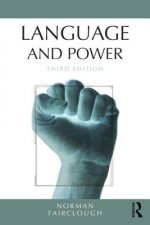
Language and Power
64.53 € -5 % -
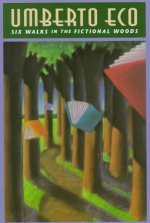
Six Walks in the Fictional Woods
30.88 € -7 % -

Discourse Reader
96.95 € -
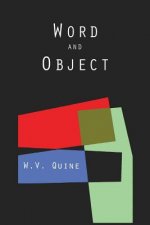
Word and Object (Studies in Communication)
20.45 € -
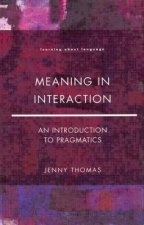
Meaning in Interaction
66.88 € -
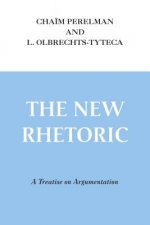
New Rhetoric, The
42.13 € -
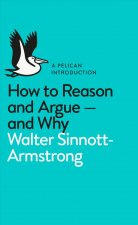
Think Again
11.45 € -28 % -
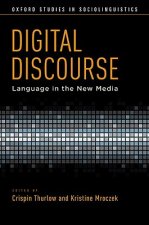
Digital Discourse
72 € -
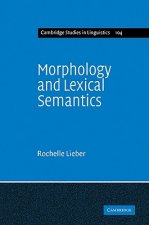
Morphology and Lexical Semantics
42.23 € -2 % -
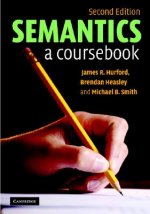
Semantics
43.36 € -

How to do Discourse Analysis
53.89 € -5 % -

Functional Discourse Grammar for English
60.23 € -

Idioms and Collocations
270.12 € -

Meaning in Language
57.27 € -

Handbook of Discourse Analysis 2e
73.94 € -
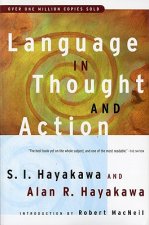
Language in Thought and Action
14.82 € -27 % -

Introduction to Discourse Analysis
60.54 € -5 % -
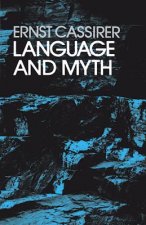
Language and Myth
7.66 € -25 % -
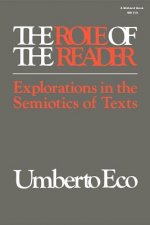
Role of the Reader
28.63 € -

Discourse Analysis as Theory and Method
101.66 € -

Collocation
62.28 € -

How to Analyse Texts
52.56 € -

Political Metaphor Analysis
59.11 € -

Immediate Fiction
19.63 € -19 % -
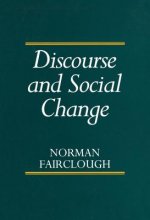
Discourse and Social Change
25.05 € -7 % -

How to Do Critical Discourse Analysis
77.62 € -
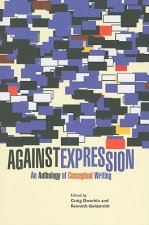
Against Expression
55.43 € -
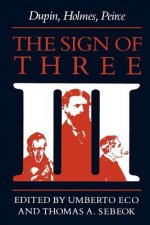
Sign of Three
28.63 € -
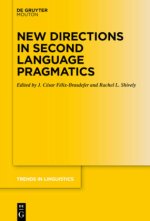
New Directions in Second Language Pragmatics
20.45 € -19 % -
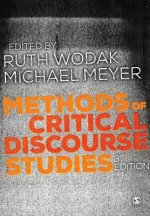
Methods of Critical Discourse Studies
50.82 € -10 %
Osobní odběr Bratislava a 2642 dalších
Copyright ©2008-24 najlacnejsie-knihy.sk Wszelkie prawa zastrzeżonePrywatnieCookies


 Vrácení do měsíce
Vrácení do měsíce Zdarma od 49.99 €
Zdarma od 49.99 € 02/210 210 99 (8-15.30h)
02/210 210 99 (8-15.30h)